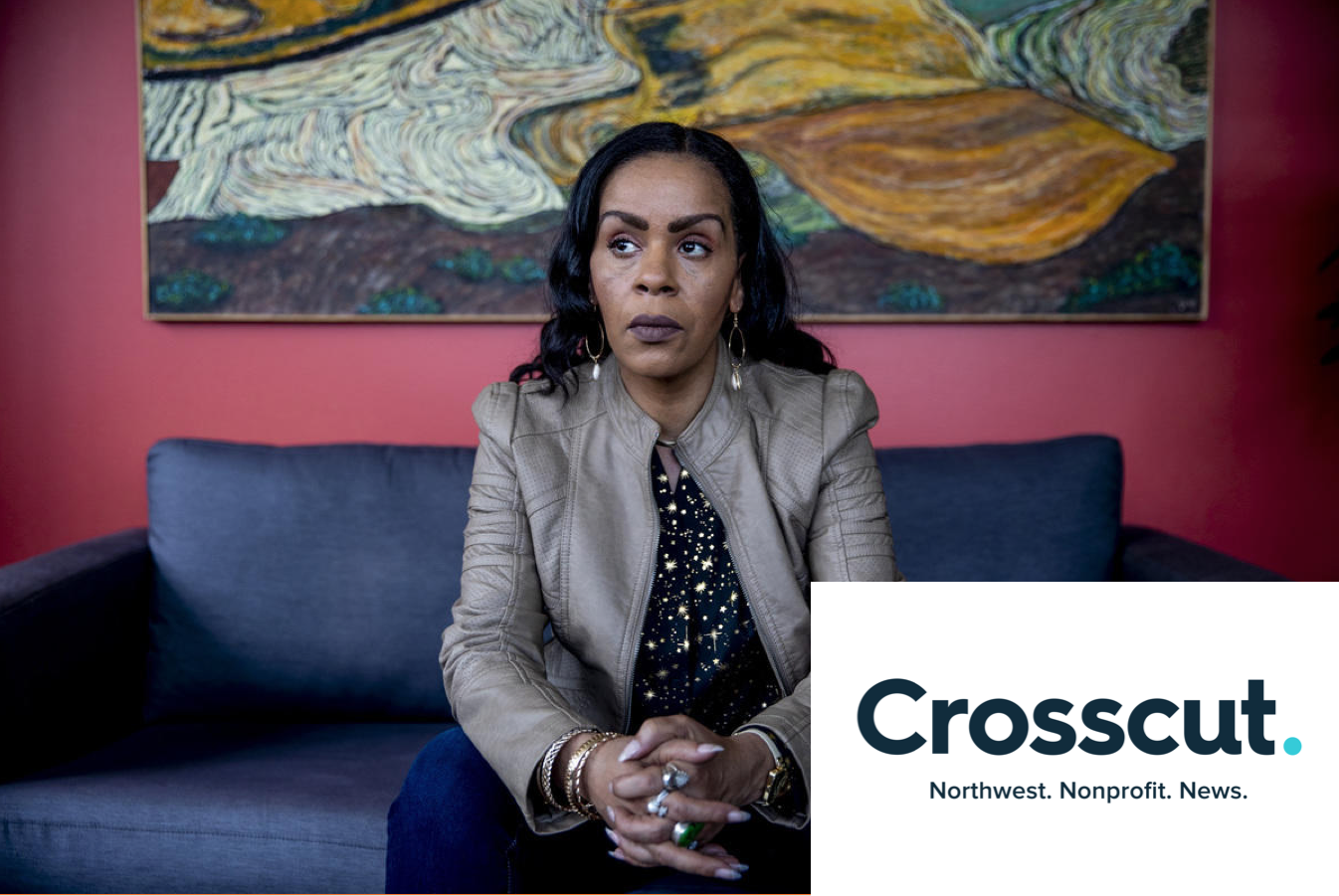
CROSSCUT —
Last year’s Black Lives Matter protests fueled major actions on police accountability, tax reform and environmental justice. But no one thinks the work is done.
When George Floyd called for his mother with his dying breaths, the police officers holding him down didn’t seem to notice — but the rest of the world heard him loud and clear. Black people had been saying for decades that deep racism and violence exists in American policing. On May 25, 2020, that violence became something others could no longer ignore.
The protests that swept the globe in response to Floyd’s murder brought calls to dismantle our systems of law enforcement. Video footage of Minneapolis Police Officer Derek Chauvin kneeling on Floyd’s neck for more than nine minutes, while three other officers did nothing to intervene, sparked a new wave of demonstrations against the oppression of Black Americans.
In Washington state, those protests paved the way for the passage of a dozen police accountability bills, including a statewide ban on police use of neck restraints, stricter limits on police uses of force and a stronger system for decertifying problem police officers. Last week, Gov. Jay Inslee also signed bills into law to create an independent agency to investigate police killings, build a statewide database of police uses of force and require officers to intervene when they see other officers engaging in excessive force or misconduct.
…
Lyn Idahosa, executive director of the Federal Way Black Collective, said she’s also disappointed more wasn’t done to remove school resource officers from the state’s schools and provide stable housing for young people, including those transitioning out of the juvenile justice system. Similarly, she thinks the Legislature could have done more to address students’ mental health needs — especially coming out of the pandemic, which has hit families of color particularly hard.
Fundamentally, when it comes to public safety, Idahosa would have liked to see the Legislature do more to overhaul policing as we know it. That would have included making larger investments in alternative programs that can respond to people in crisis, while taking those situations out of the hands of police.
She noted that state lawmakers were quick to pass a law this year that banned the open carry of weapons at protests and at the state Capitol. That came after armed protesters breached a gate at the Governor’s Mansion in Olympia and a violent mob stormed the U.S. Capitol on Jan. 6.
Yet she said politicians hadn’t been willing to ban open carrying of firearms before that, when protesters of color voiced concerns about armed militia groups and white supremacists confronting them in the streets.
“Incremental change was not allowed when it came to protecting their lives, right? They locked the Capitol down,” said Idahosa, a core member of the group Washington for Black Lives.
“When their lives were threatened, incremental change was not enough.”

